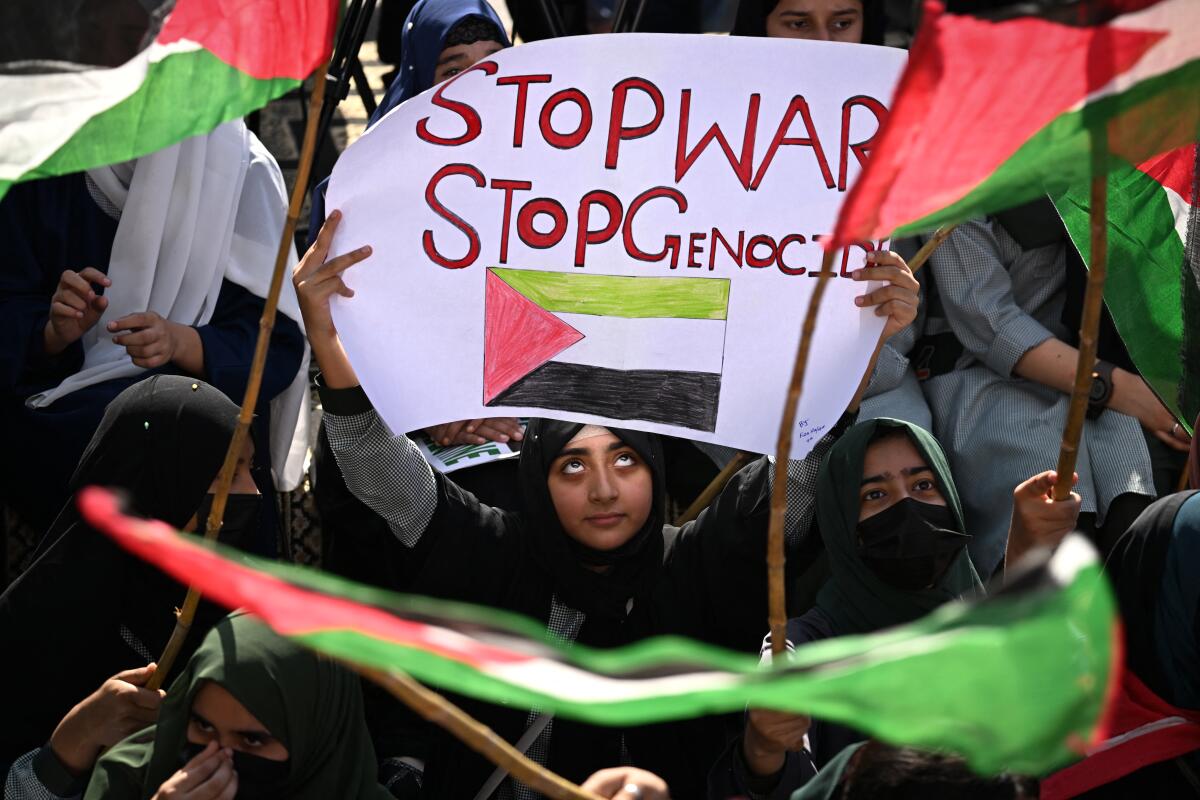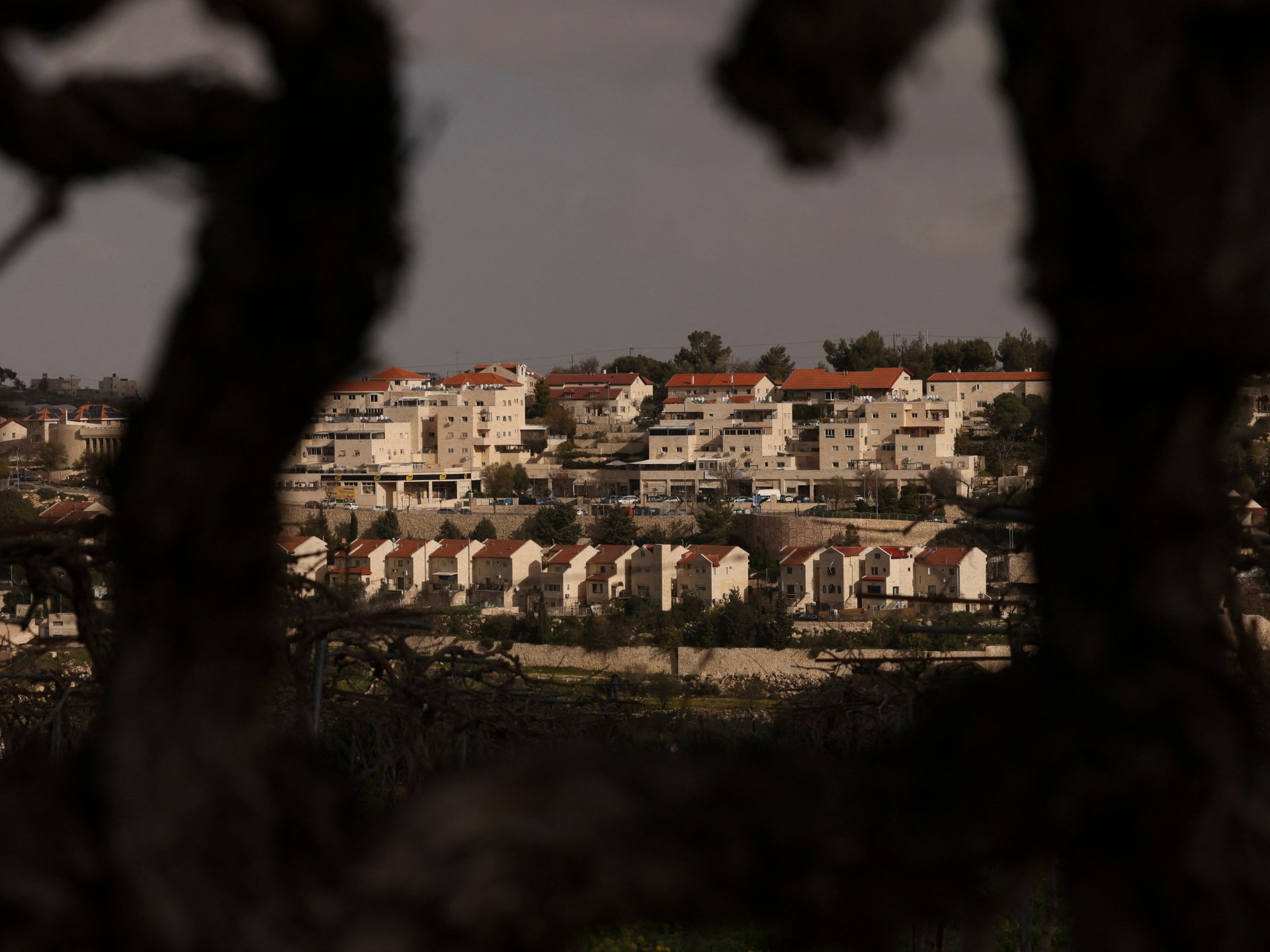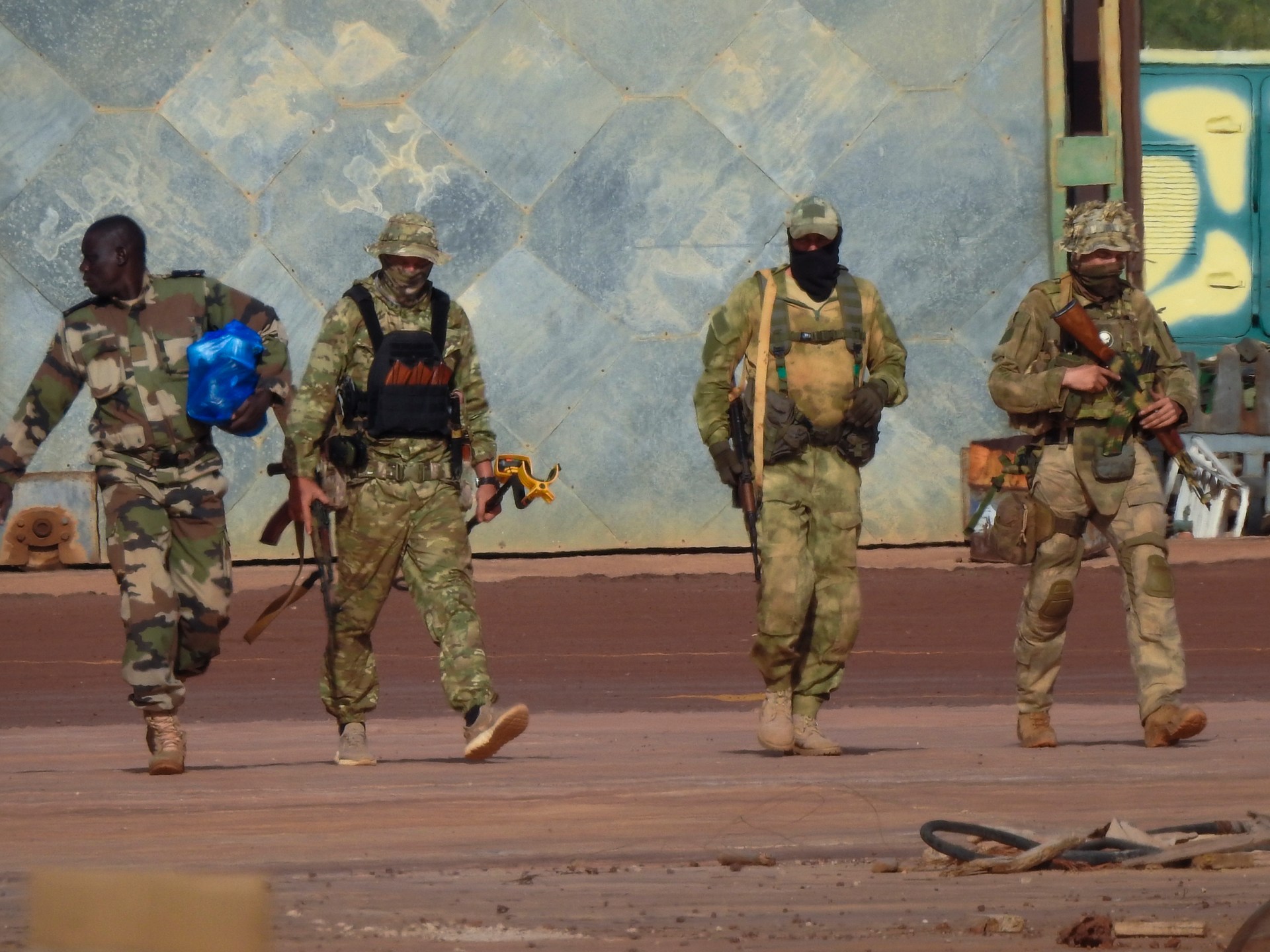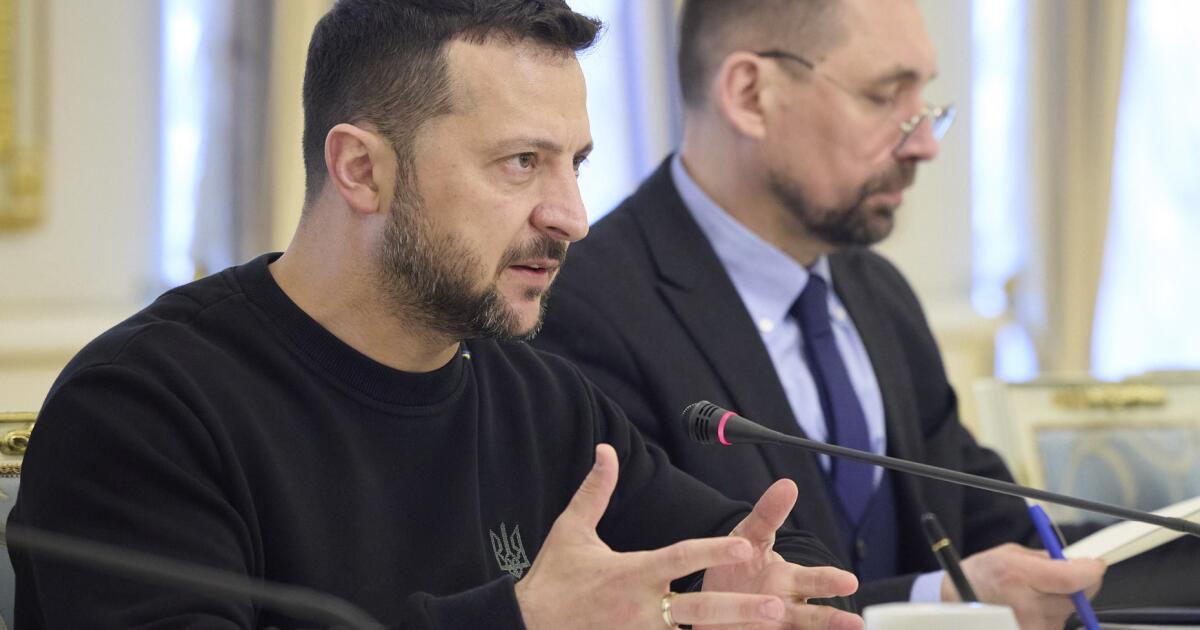JERUSALEM — Thursday's ceasefire agreement between Israel and Hamas created a moment of jubilation in one of the darkest periods of the decades-long conflict between Israelis and Palestinians. But for both Israeli Prime Minister Benjamin Netanyahu and Hamas, the agreement could be the poison pill that spells their downfall.
Netanyahu, who with a combined 17 years in office is the longest-serving prime minister in Israel's history, must now deal with a day after in Gaza that looks very different from the vision he used to woo allies and keep his opponents at bay.
Hamas, on the other hand, faces a war-torn population that was tired of its rule even before the October 7, 2023 attack; Two years later, with more than 67,000 dead, many more injured and most of the Palestinian enclave in ruins, most Gaza residents are enraged by what they see as a reckless gamble by the militant group.
Daily life continues in war-torn Gaza as Palestinians in Deir al Balah wait for the ceasefire between Israel and Hamas to come into effect on October 9, 2025.
(Ali Jadallah/Anadolu/Getty Images)
The agreement, which President Trump produced after weeks of consultations with Israel and a number of Arab and Muslim nations – not to mention intense pressure on – creates a certain victory that both sides can claim, namely the exchange that will see all remaining Israeli hostages held in Hamas captivity exchanged for thousands of Palestinian prisoners and detainees.
Netanyahu and Hamas hailed it as an achievement.
“This is a diplomatic success and a national and moral victory for the State of Israel,” Netanyahu wrote Thursday in X, attributing the breakthrough to “firm resolve and powerful military action,” along with Trump's efforts.
Meanwhile, Hamas said in a statement that the agreement was the result of the “firmness of the Palestinian people” and their “Resistance,” referring to Palestinian factions.
However, those victories could hardly be considered complete.
Netanyahu had promised that Hamas would not only be defeated but vanquished, with its arsenal eliminated. He has also made it his long-term mission to ensure that a Palestinian state does not emerge, something he hoped to achieve by conquering Gaza and annexing the West Bank.

Students and supporters of the Jamaat-e-Islami political party gather to express solidarity with Palestinians during a protest against Israel in Islamabad, Pakistan, on October 9, 2025.
(Aamir Qureshi / AFP/Getty Images)
Instead, the Israeli military has paused its offensive while the fate of Hamas' weapons remains unclear, and Trump recently said he “will not allow” Israel to annex the West Bank.
Furthermore, Trump's 20-point plan not only ended the notion of deporting Gaza residents, but also encouraged them to stay. And Netanyahu was forced to accept the prospect of a Palestinian state just days after a heated speech at the United Nations rejecting such a thing.
The coalition he relies on to remain in power is already showing fractures, with extremist figures representing settler interests expressing anger that Netanyahu did not stay the course and continue fighting.
Meanwhile, his opponents see the end of the conflict as an opportunity to overthrow him. And his critics among Israeli voters (elections are scheduled for October 2026) will not only reject him at the polls, but also eliminate anyone associated with his leadership.
On Thursday, in the so-called Hostage Square in Tel Aviv, the Israelis showed some of that anger. When Benny Gantz, an Israeli opposition leader who served in Netanyahu's cabinet until last year, walked through the crowd, hecklers shouted at him to “go home,” accusing him of claiming success he had not earned.
“When the war started, Gantz joined Bibi and saved him instead of overthrowing his government,” said Einat Mastbaum, a 50-year-old Hebrew teacher, referring to Netanyahu by his nickname. Those actions, he said, kept Netanyahu's government in place and prolonged the hostages' ordeal.
Udi Goren, 44, whose cousin Tal Haimi was killed on October 7, 2023, said Israel needed new faces to bring about the change that many Israelis demand after this war.
“Now is the time for us – Israelis and Palestinians – to support a better future and craft a new narrative for ourselves,” he said. “After what we've been through these last two years, we don't want this to happen again.”

Einav Zangauker, in a blue shirt, mother of hostage Matan Zangauker, celebrates as people react to the news of the peace agreement between Israel and Hamas in the so-called Hostage Square in Tel Aviv on October 9, 2025.
(Chris McGrath/Getty Images)
However, it would be foolish to dismiss Netanyahu, an accomplished politician on Israel's political landscape who has demonstrated time and again his ability to gauge the national mood and bounce back from setbacks, including a protracted corruption trial that he has successfully postponed during the war, and an injunction from the International Criminal Court.
Although his claim to totally defeat Hamas falls short, he can still rightly point out that it has left Israel the undisputed hegemon in the region, whether by decimating the Lebanese militant group Hezbollah or dealing a devastating blow to Iran. If the implementation of the agreement continues smoothly, it could also succeed in extending normalization agreements to other Arab nations, including Saudi Arabia. Meanwhile, polls show he has regained his popularity after taking a hit in the days after the Oct. 7 attack.
And the agreement “will boost it,” said Dahlia Scheindlin, a public opinion researcher in Israel.
“It will make him look like the only one in the country who could work so well with Trump.”
“He's much more popular today than he was five days ago,” Trump said at the White House.
Hamas's situation seems more complicated. He has said he will play no role in the future governance of Gaza, a key demand of Israel and the United States. But many Palestinians consider his main rival in the Palestinian Authority, which ruled Gaza until Hamas prevailed in the 2006 elections, to be hopelessly corrupt, not to mention downright traitorous due to his security coordination with Israel, which has seen the authority's forces attack anti-Israel Palestinian resistance groups and activists.
At the same time, the idea that Hamas has any power seems untenable.
“They dragged all of Gaza into the fire. Our homes, our jobs and our future were destroyed due to reckless decisions,” said Nidal Laqqan, 37, a former trader from Khan Yunis who has been displaced for the past two years.
He said many people he knows feel the same way.
“People are angry. This was an uncalculated adventure,” he said. “We need a new Palestinian leadership that puts our interests first. No more military measures without thinking about the people who will pay the price.”
Special correspondent Bilal Shbeir in Deir al Balah, Gaza Strip, contributed to this report.












